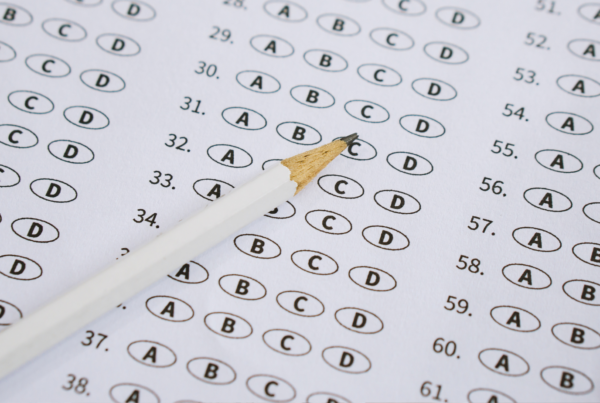While freshmen and sophomores in high school shouldn’t begin writing their college essays or filling out forms just yet, students who plan to attend college and their parents often wonder what they can do to prepare for college when high school starts. It is important for both students and parents to realize that high school is more than just a springboard to college, and college should not dictate a student’s high school experience. That said, younger high school students can take steps to prepare for college well before they begin applying to college in earnest. Here are some ways that freshmen and sophomores can get ready for college early on and do better in high school in the process.
Take challenging courses.
Students should take as many advanced classes as they can reasonably handle. Reasonably is the operative word here. The number of harder classes a student can reasonably handle varies by student, so what works for one student won’t work for another. As students do coursework throughout high school, they should also pay attention to which courses really excite them and use that knowledge to further explore those subjects.
Develop good study habits.
Students should make every effort to develop good study habits early on. Time management is a crucial element of studying well and succeeding in high school (and college!). Develop a schedule and work according to it. Use a weekly planner or calendar app. Budget time for work and time for play. Students should make sure to leave plenty of time for self-care: exercise, meals, relaxation, and sleep. Begin course assignments in a timely fashion and avoid procrastination.
As students advance in high school and begin actively applying to college, they will appreciate (and need!) those good habits when they must increasingly accommodate more demanding schedules. For more, see http://galined.com/archives/high-schoolers-are-busy-time-management-strategies.
Participate in extracurricular activities.
Students should figure out which activities appeal to them and get involved. Remember that students should choose extracurricular activities that really interest them. Far too often, students and parents want to know which activities will be most impressive to the admissions officers reading their applications down the line. Some may have heard that colleges want well-rounded students. But increasingly, colleges are emphasizing that they want well-rounded classes; they do not expect everyone to be involved in every type of extracurricular activity. What they do want is for students to participate meaningfully in extracurricular activities. That means that students are better off participating in fewer extracurricular activities—those that they really like doing—and being deeply involved in them. By participating in activities that interest them, students will be actively exploring their passions, and that is what most impresses admissions officers.
(For more on well-rounded students versus well-rounded classes, see: http://galined.com/archives/do-colleges-really-want-well-rounded-students and for more on choosing extracurricular activities, see: http://galined.com/archives/be-thoughtful-about-extracurricular-activities).
Read!
Reading widely and often will help students improve their vocabulary and reading comprehension. They will score better on standardized tests and perform better in their high school (and later, college) classes. The more students read early on, the better. For more on the benefits of readings, see http://galined.com/archives/8-ways-reading-helps-your-student-succeed.
Use summers wisely.
By all means students should take some time to rest and rejuvenate over the summer months, but they should also be productive. Productivity means that students should spend time figuring out what interests them (biology? physics? journalism? history? politics?) and pursue them in greater depth. For more suggestions on summer activities, see these posts: http://galined.com/archives/having-an-academic-summer and http://galined.com/archives/use-summer-to-enhance-your-college-applications.
Bottom line:
Taking school seriously from freshman year on, enrolling in challenging classes, participating in extracurricular activities, establishing good study habits, engaging actively in learning, reading frequently, and making summers count are all important steps in laying the foundation for successful high school and college careers. The earlier students start, the more successful they’ll be!





